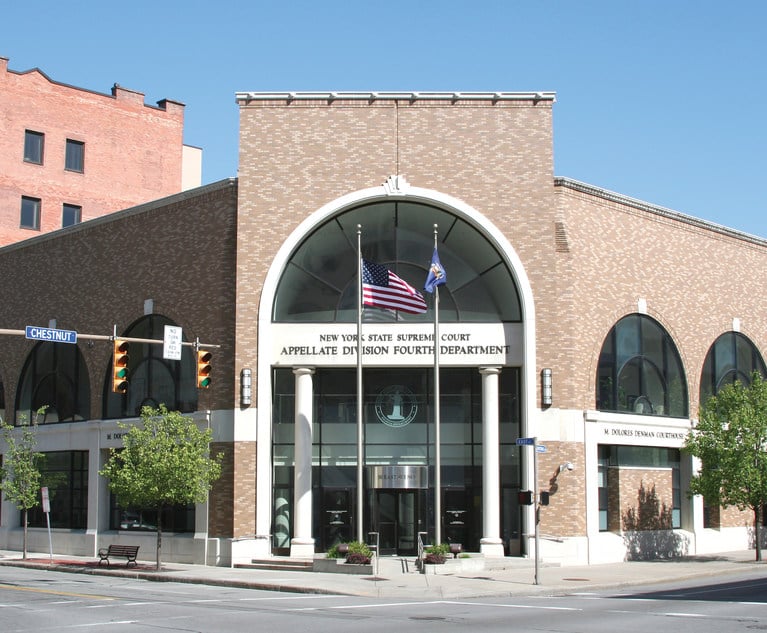On Jan. 1, 2020, the new legislation regarding criminal discovery and statutory speedy trial went into effect. See, e.g., People v. Percell, 2020 NY Misc LEXIS 479 (Crim. Ct., NY Co., Feb. 10, 2020). At the time of its enactment, many stalwarts in the criminal justice arena including many progressive district attorneys praised the reforms as improving the cause of justice. Nevertheless, even those stalwart progressive DA’s came to acknowledge in one way or another that they were understaffed, unprepared and unfunded for the new requirements and coming digital deluge.
Similarly, issues were discerned early on concerning the legislated bail reform and, although changes were proposed, those changes were not instituted by the legislature. See, e.g, Rafael. A. Mangual, New York Post, “Sorry, New York: They Failed to Truly Fix the No Bail Law,” (April 1, 2020). An unintended consequence of bail reform in New York was that federal authorities stepped in to prosecute various crimes. See, e.g., US DOJ EDNY press release, June 12, 2020, accessed at https://www.justice.gov/usao-edny/pr/two-brooklyn-residents-and-greene-county-resident-indicted-connection-molotov-cocktail. Discovery issues have more slowly surfaced. COVID-19’s “[N]ew York on Pause” gave prosecutors some time to institute internal improvements to respond to the new discovery challenges. Unfortunately, unless those improvements included funded substantial technological advancements, well considered policy shifts, and internal office resource redistribution, the new disclosure requirements will, no doubt, be fertile ground for litigation as well as the basis for other unintended consequences more fully discussed below. See, e.g., Robert T. Merton, The Unintended Consequences of Purposive Social Actions (1936).


 Peter A. Crusco
Peter A. Crusco




